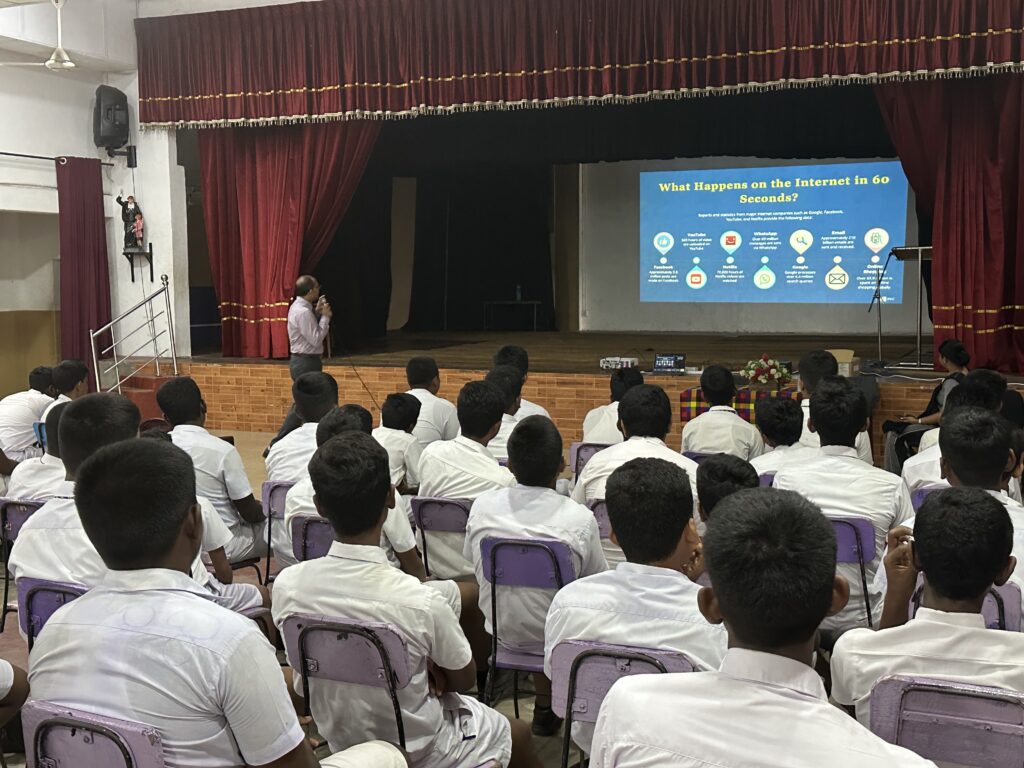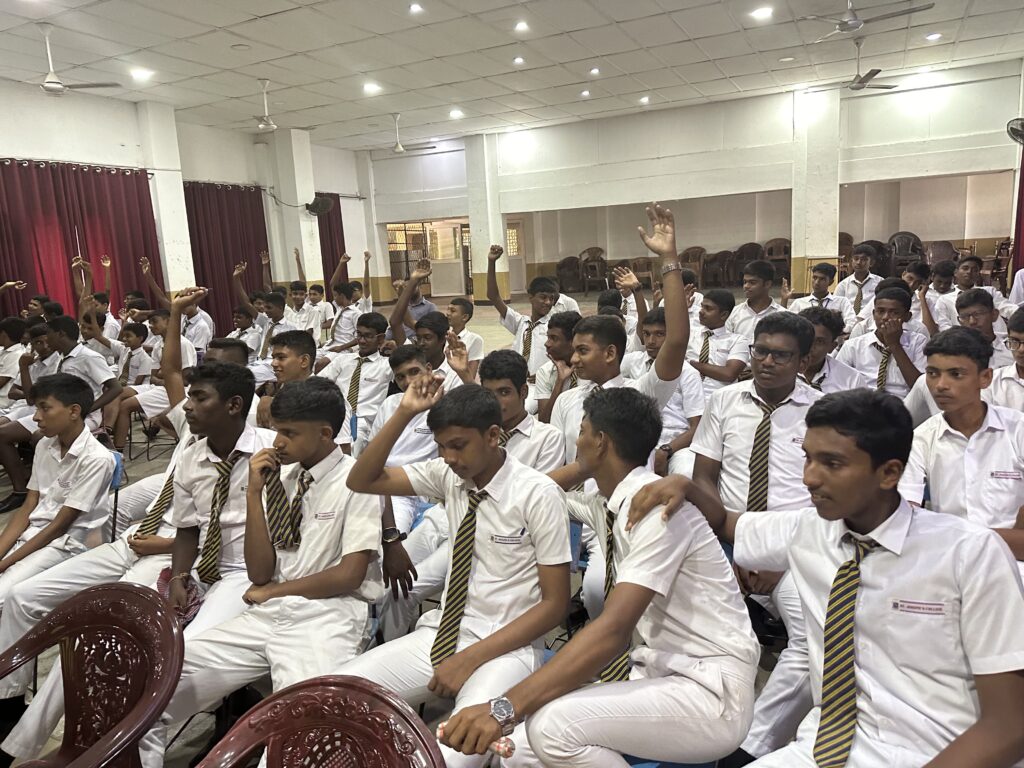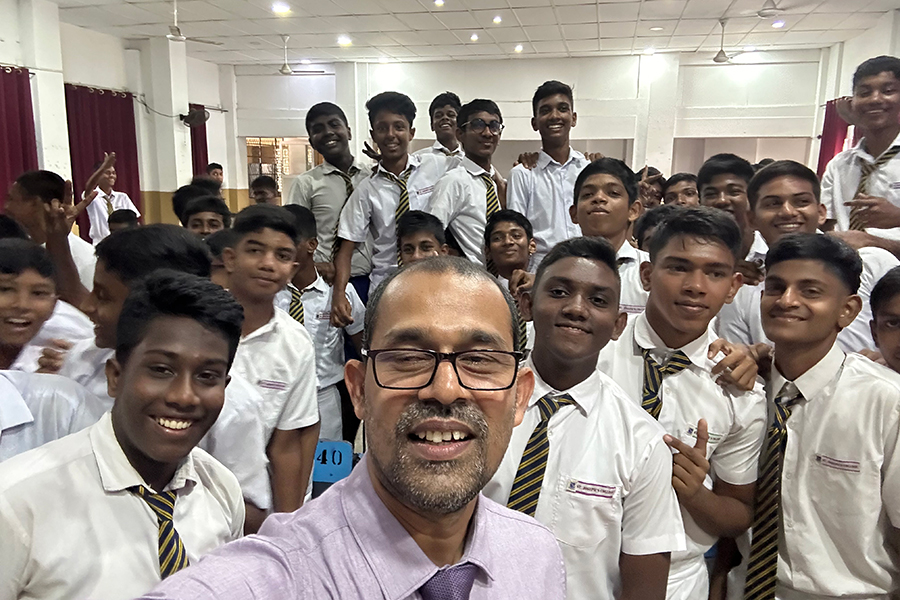By: Editor
Date: August 2, 2024
Colombo, August 2, 2024 – Today’s seminar on digital addiction and preventing online child sexual abuse underscored the critical need for balanced digital consumption and enhanced online safety measures for children. Hosted by the International Foundation for Digital Child (IFDC), the event brought together educational leaders and experts to offer guidance on navigating the digital world responsibly.
Prasad Samathunga, Principal of St. Joseph’s Boys’ College, Colombo 14, inaugurated the seminar, highlighting the dual-edged nature of digital engagement for today’s youth. “The digital realm offers vast opportunities for education and empowerment but also poses significant risks. Without proper digital balance, children can face serious negative experiences, including online sexual abuse,” Samathunga remarked.
The seminar, led by Dr. M.C. Rasmin, Director of IFDC, was structured into two main segments: digital balance and online safety. The first segment addressed the benefits and drawbacks of internet use, focusing on recognizing signs of digital addiction, maintaining a healthy tech balance, and understanding the social, physical, and psychological effects of excessive screen time. Practical advice for parents on managing children’s exposure to inappropriate content and establishing effective digital regulations was also covered.
The second segment tackled the pressing issue of online child sexual exploitation. The lead trainer provided a comprehensive analysis of online child sexual abuse, detailing various forms of digital exploitation. Topics included cyberbullying, which involves the use of electronic communication to harass or harm others, often leading to emotional and psychological damage; cyber grooming, where online predators build trust with children to exploit them; sexting, the exchange of sexually explicit messages or images; and sextortion, where individuals blackmail victims into sending sexual images or money under threat of exposure. The seminar also addressed the illegal production, distribution, or possession of child sexual abuse materials (CSAM), inappropriate content, and the impact of disinformation and deepfakes on children’s understanding and critical thinking.
The trainer outlined strategies for identifying and combating online grooming tactics, including the use of false identities, emotional manipulation, material incentives, and coercive sexual exchanges.
Students who attended the seminar gained vital knowledge on addressing and preventing cyberbullying, sexting, and sextortion. They were also equipped with skills to recognize and manage inappropriate content and protect themselves from online exploitation.
This seminar marks a significant advancement in promoting digital literacy and safety among children and adolescents, emphasizing the importance of vigilance and education in the digital age.




